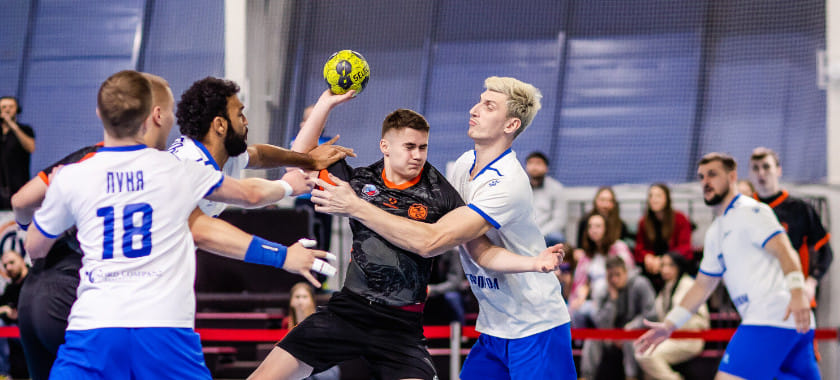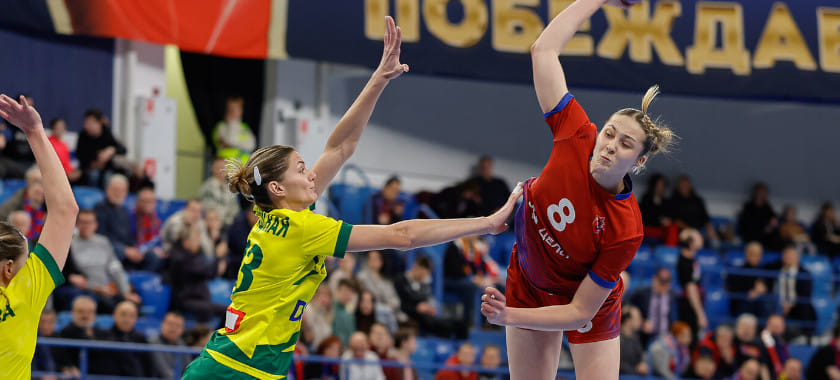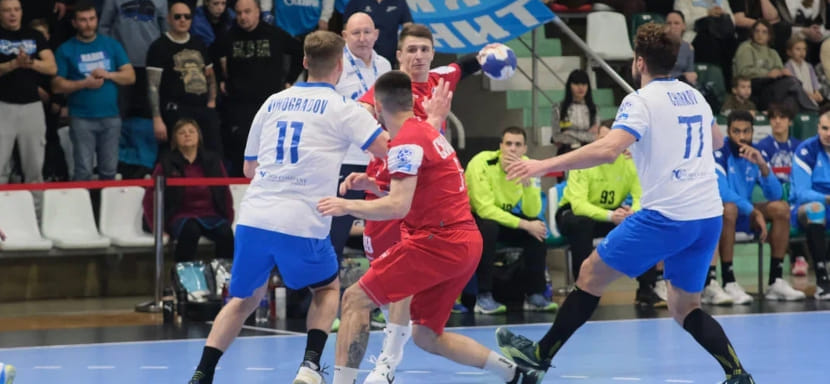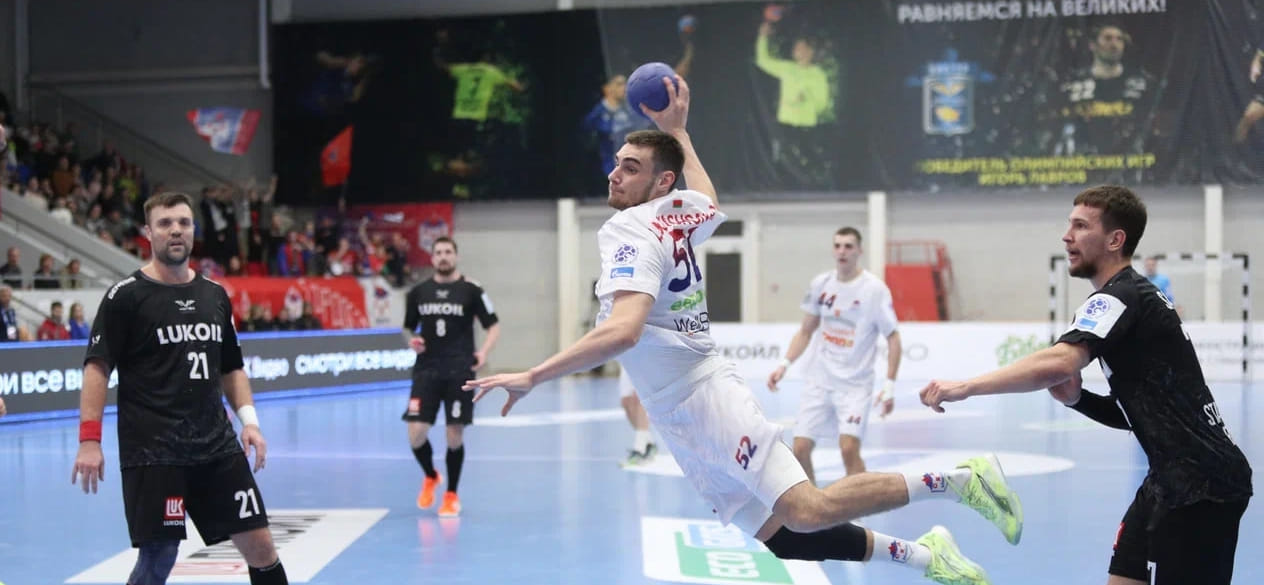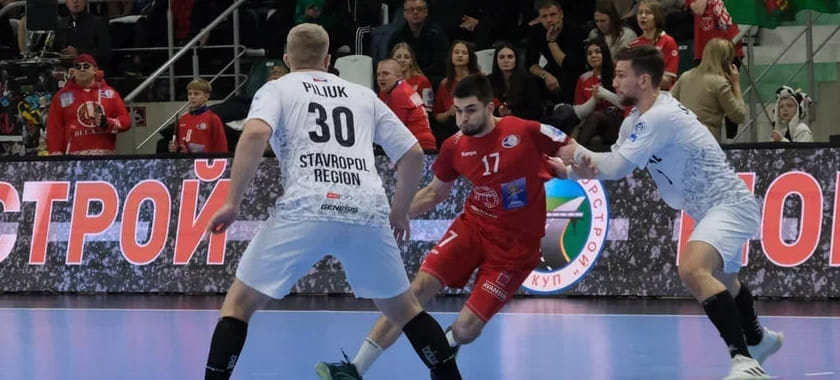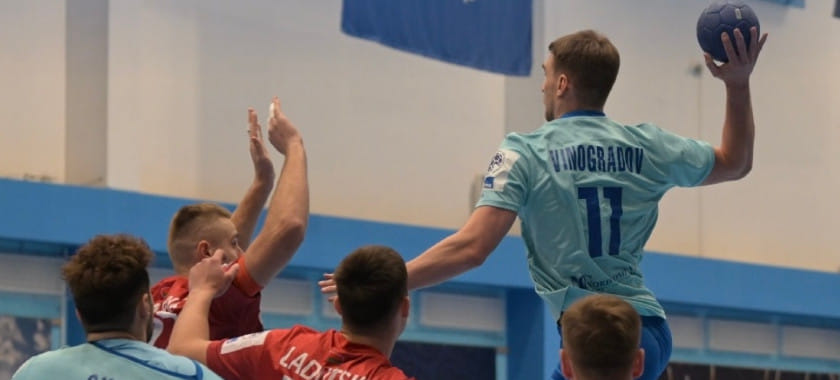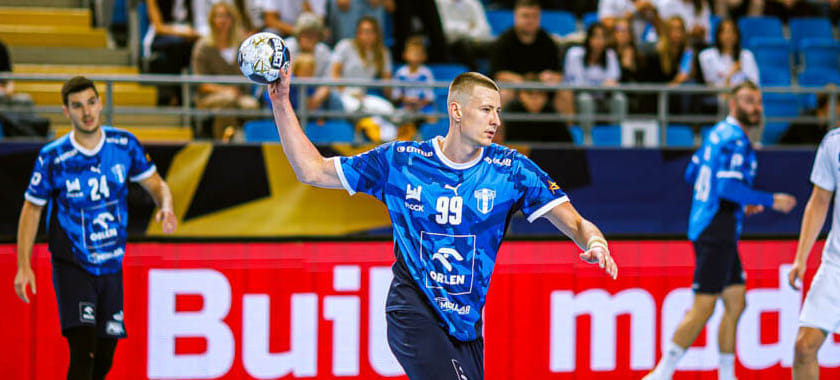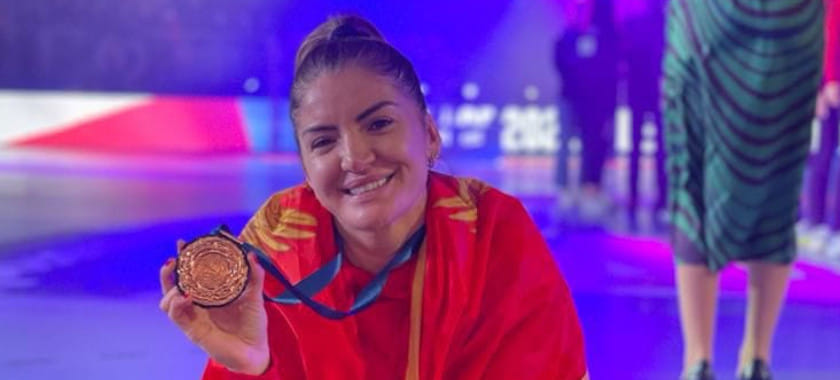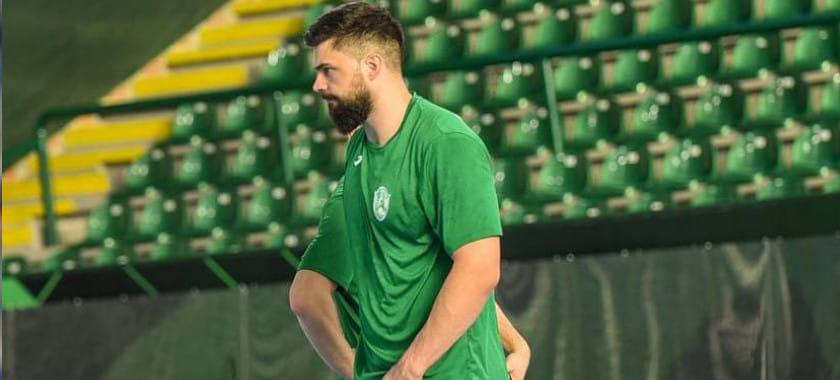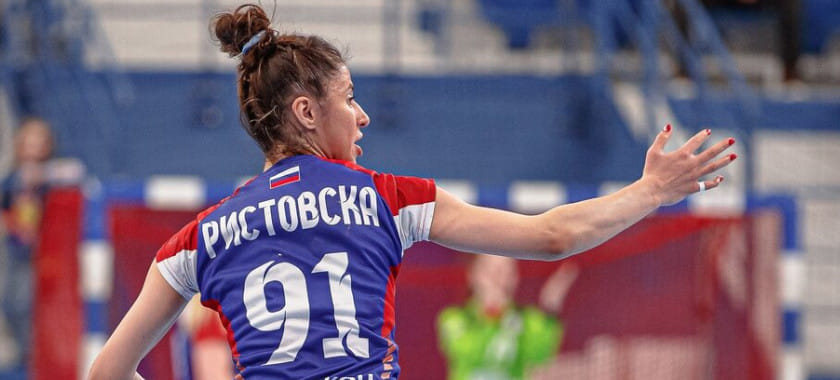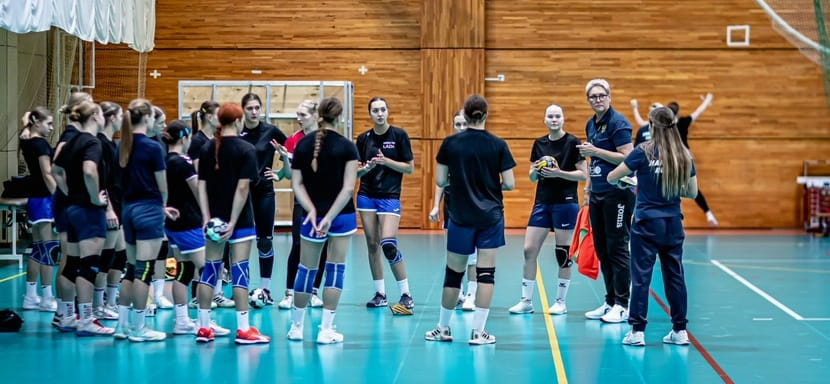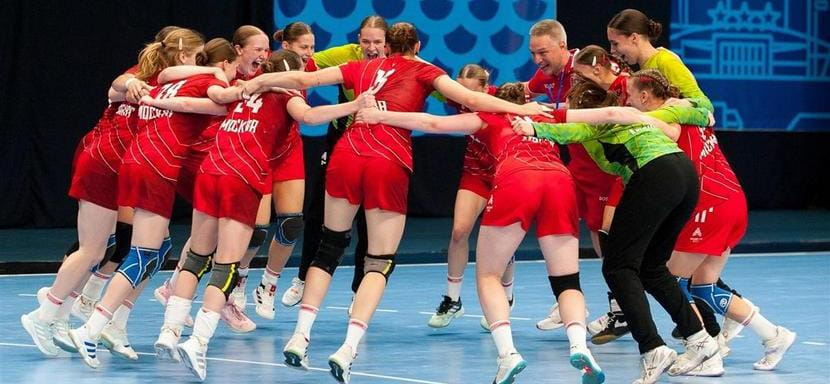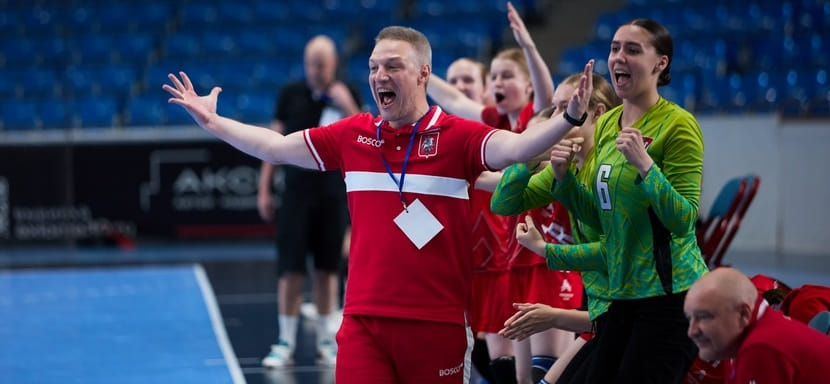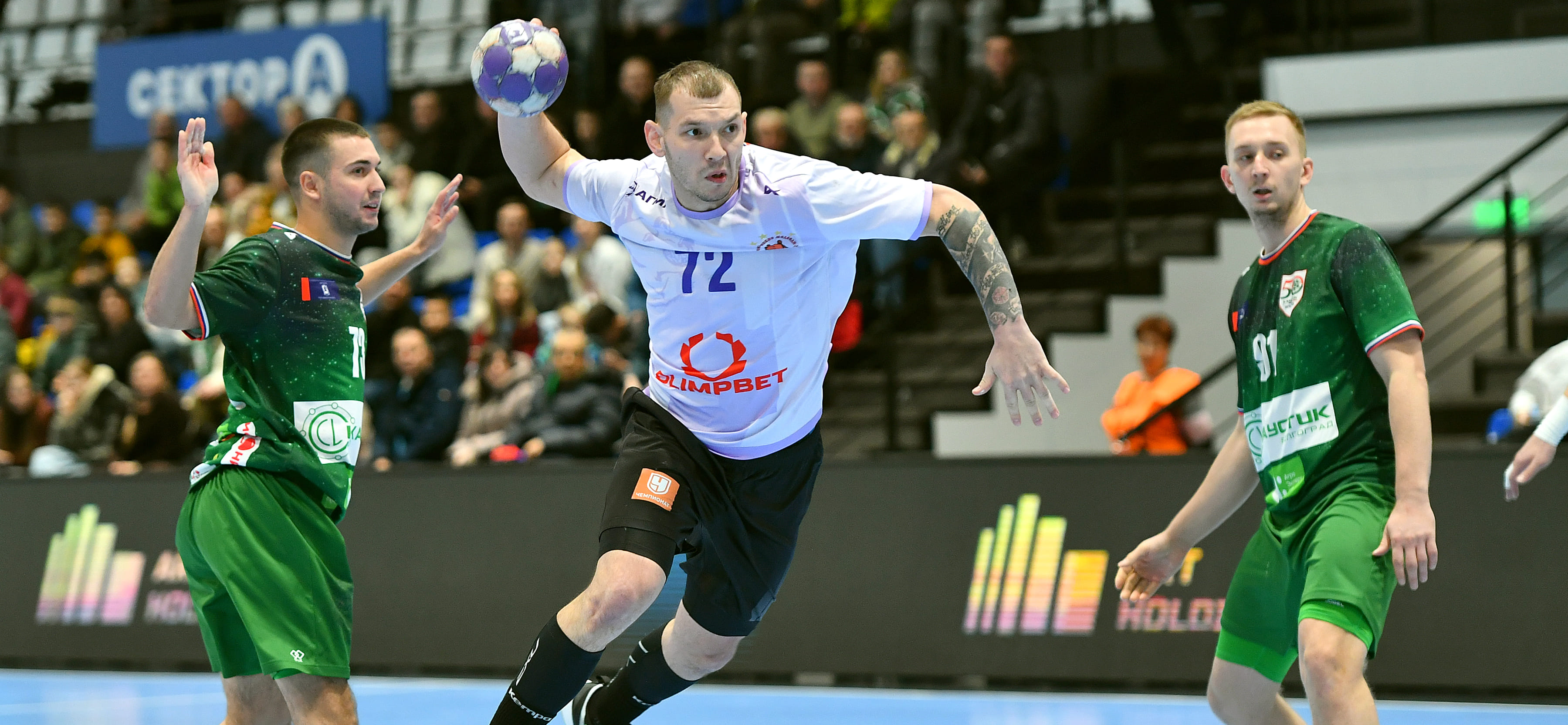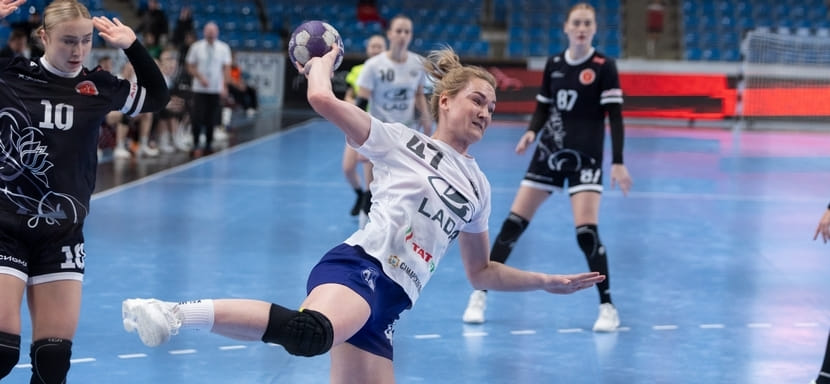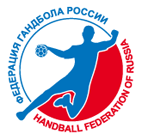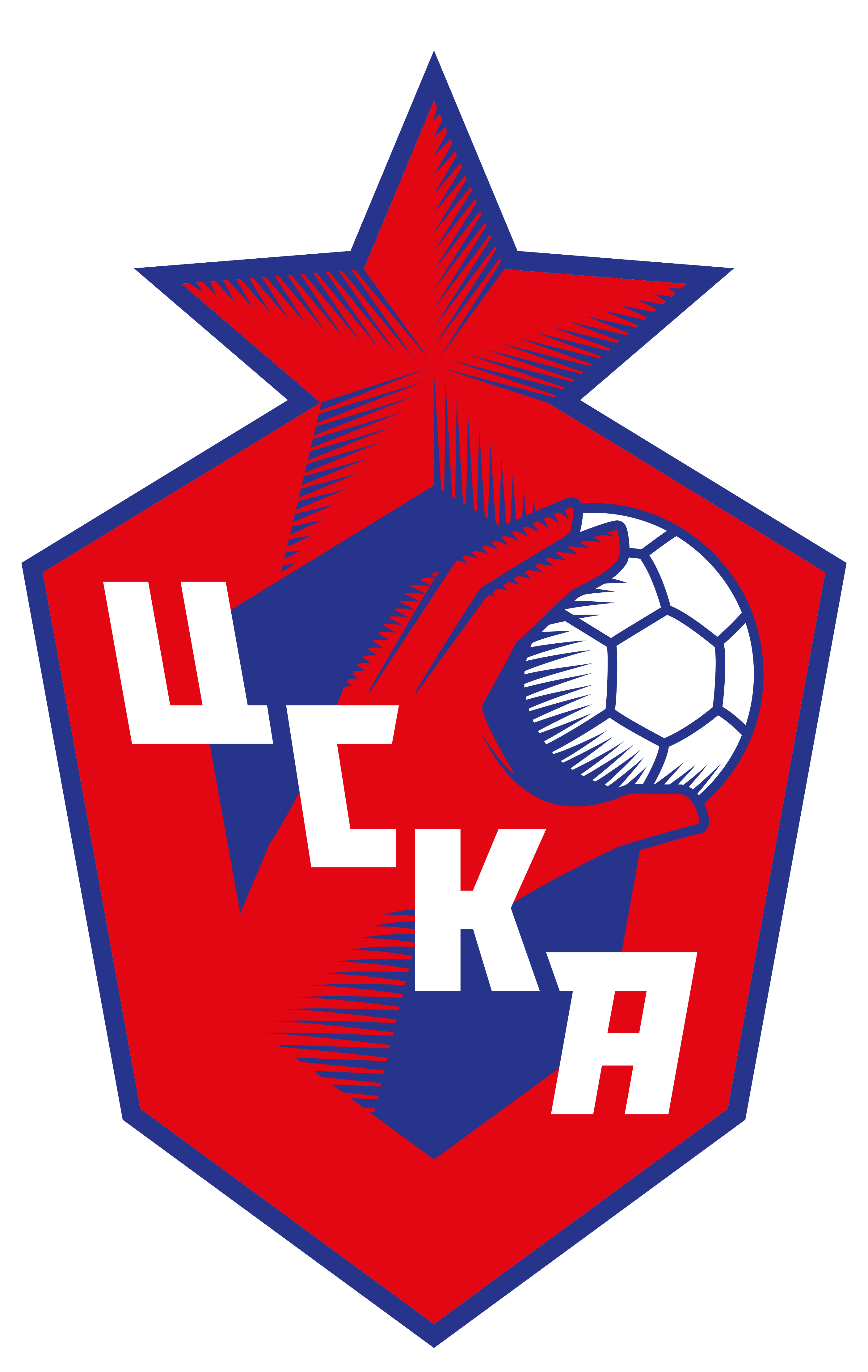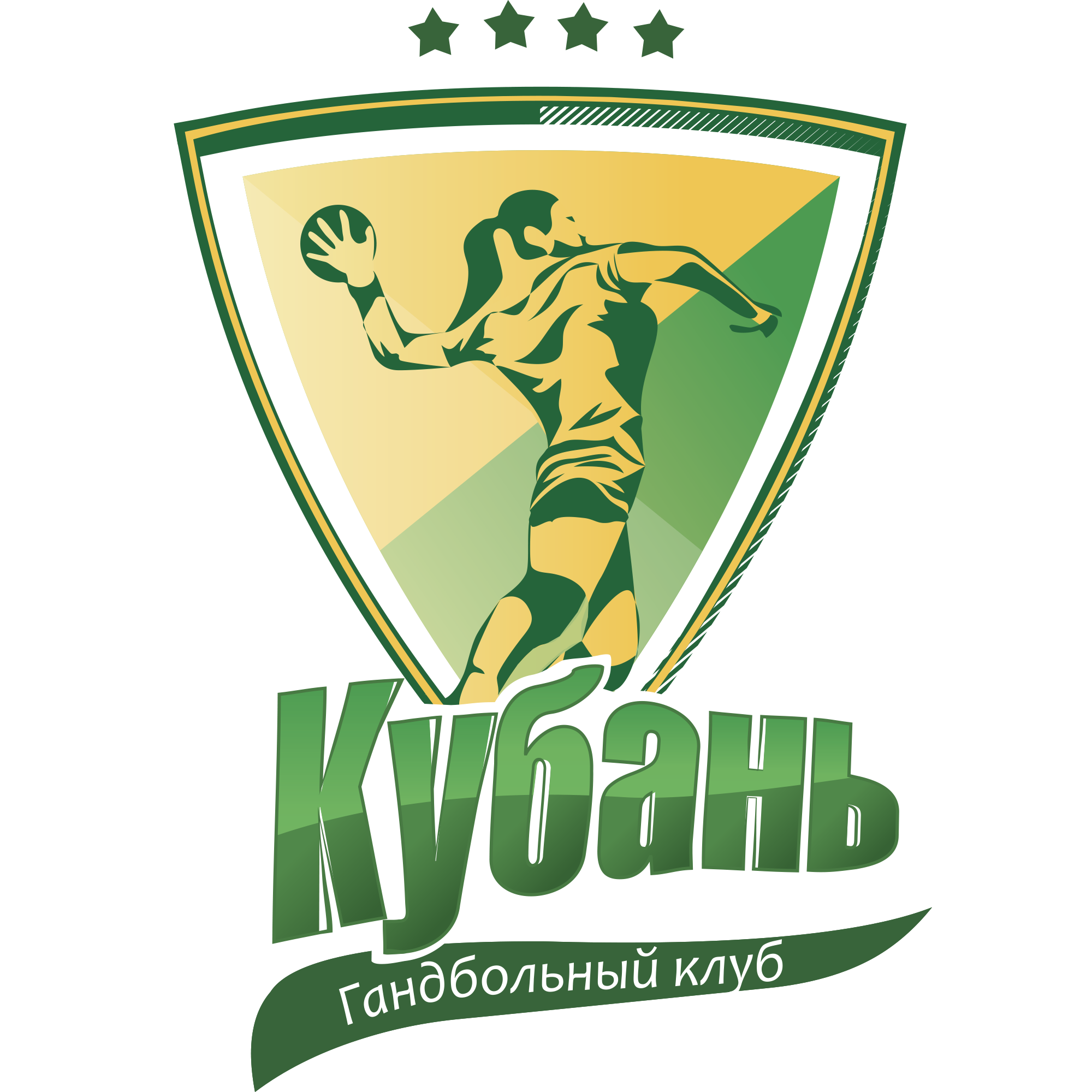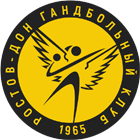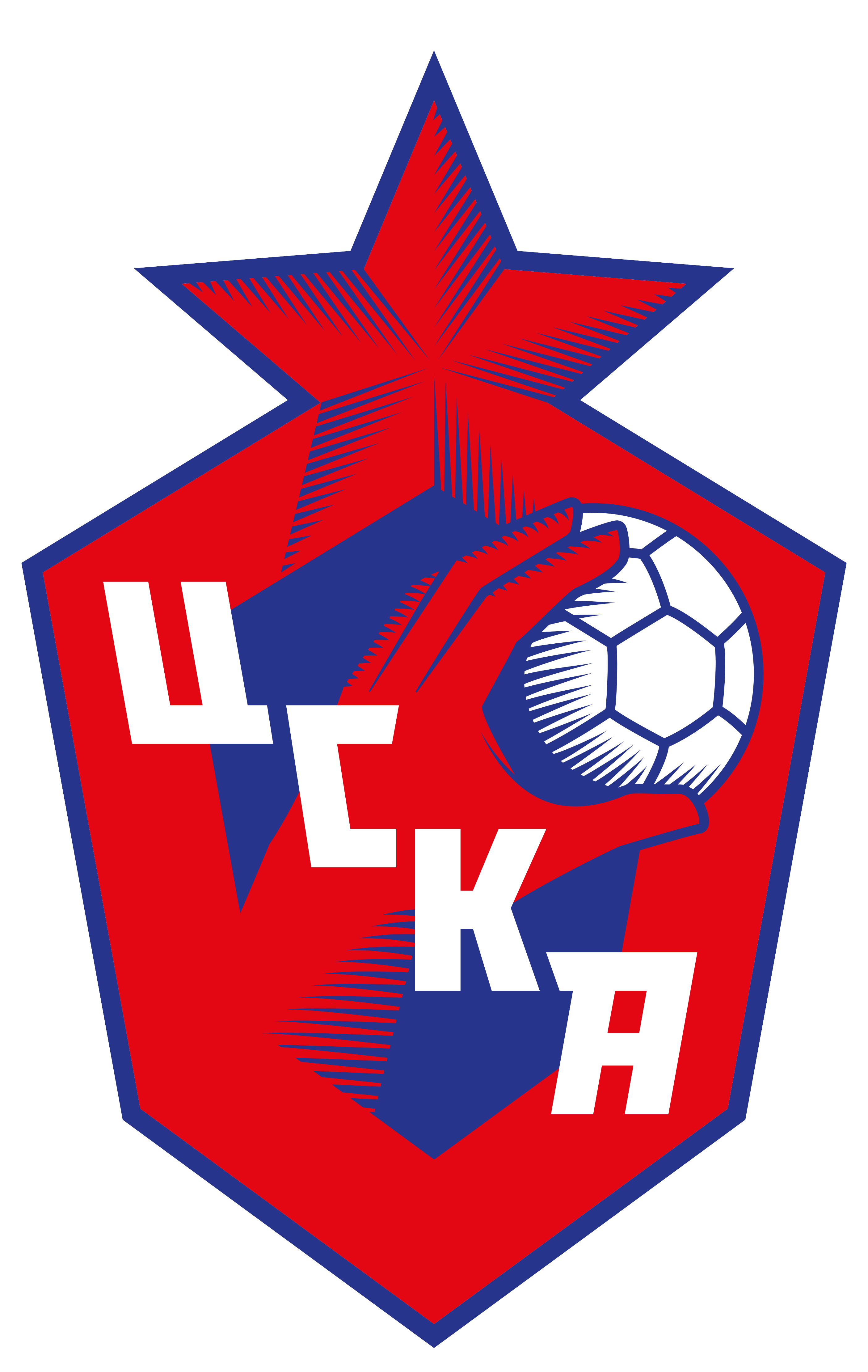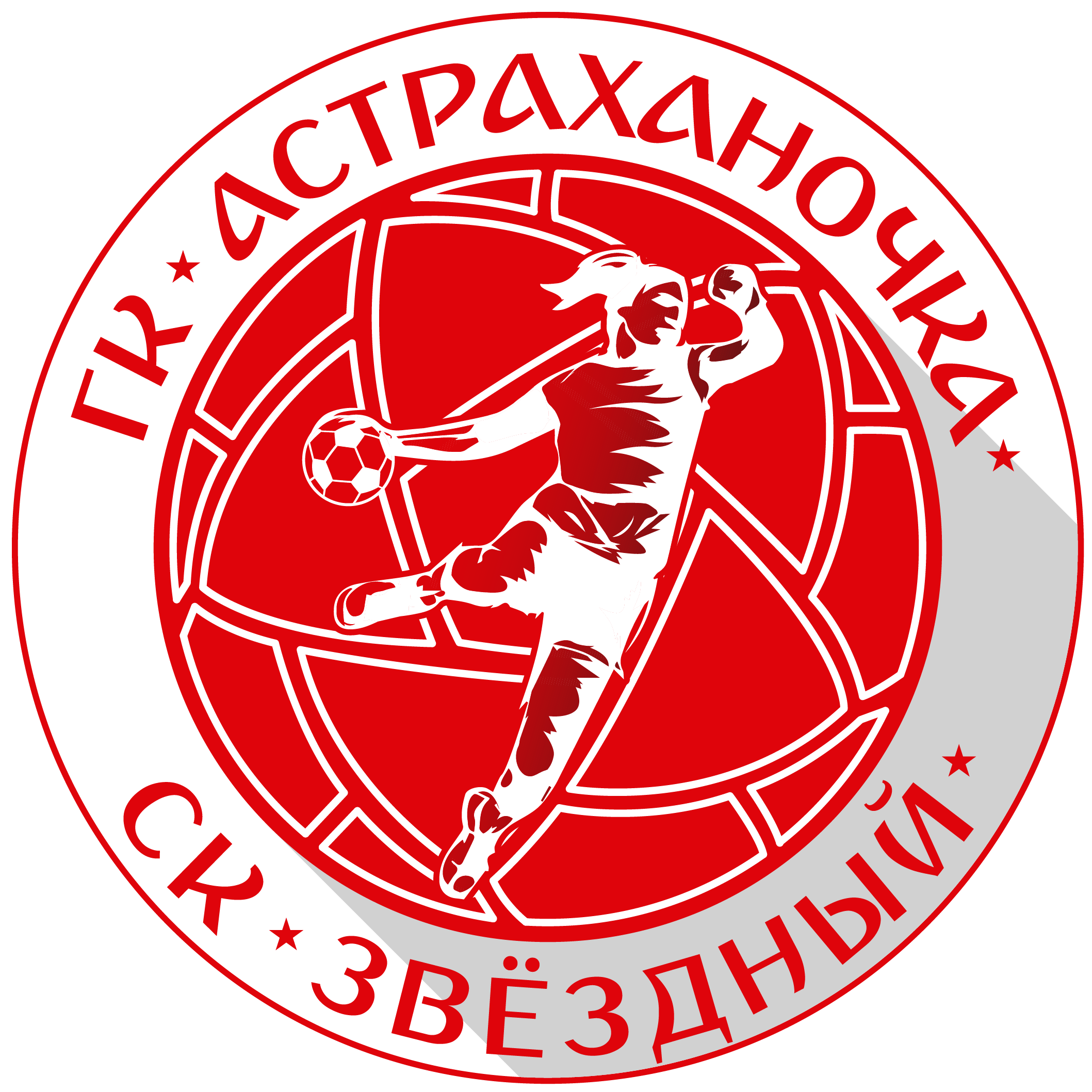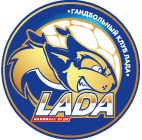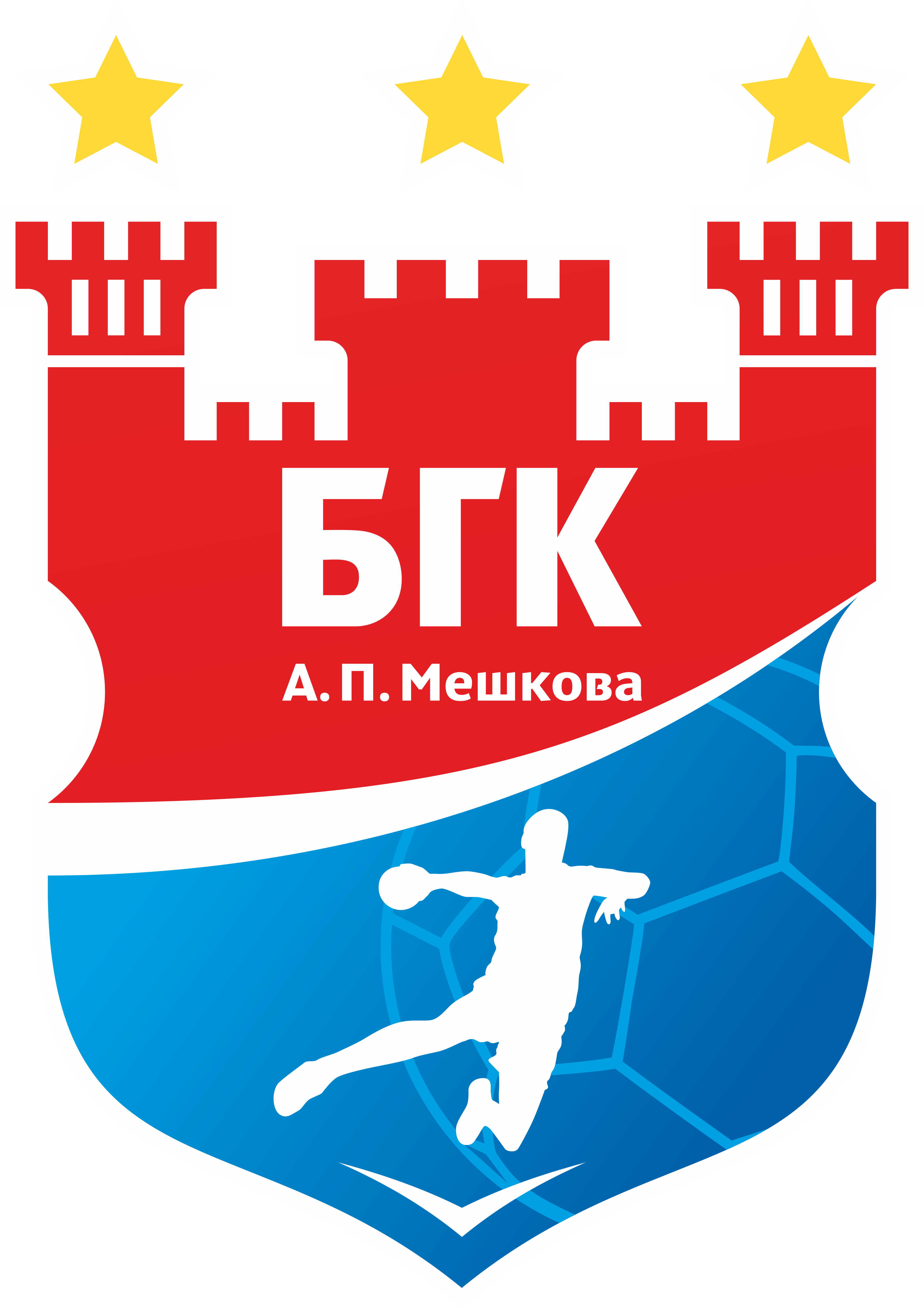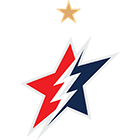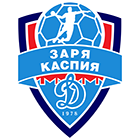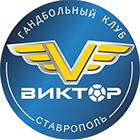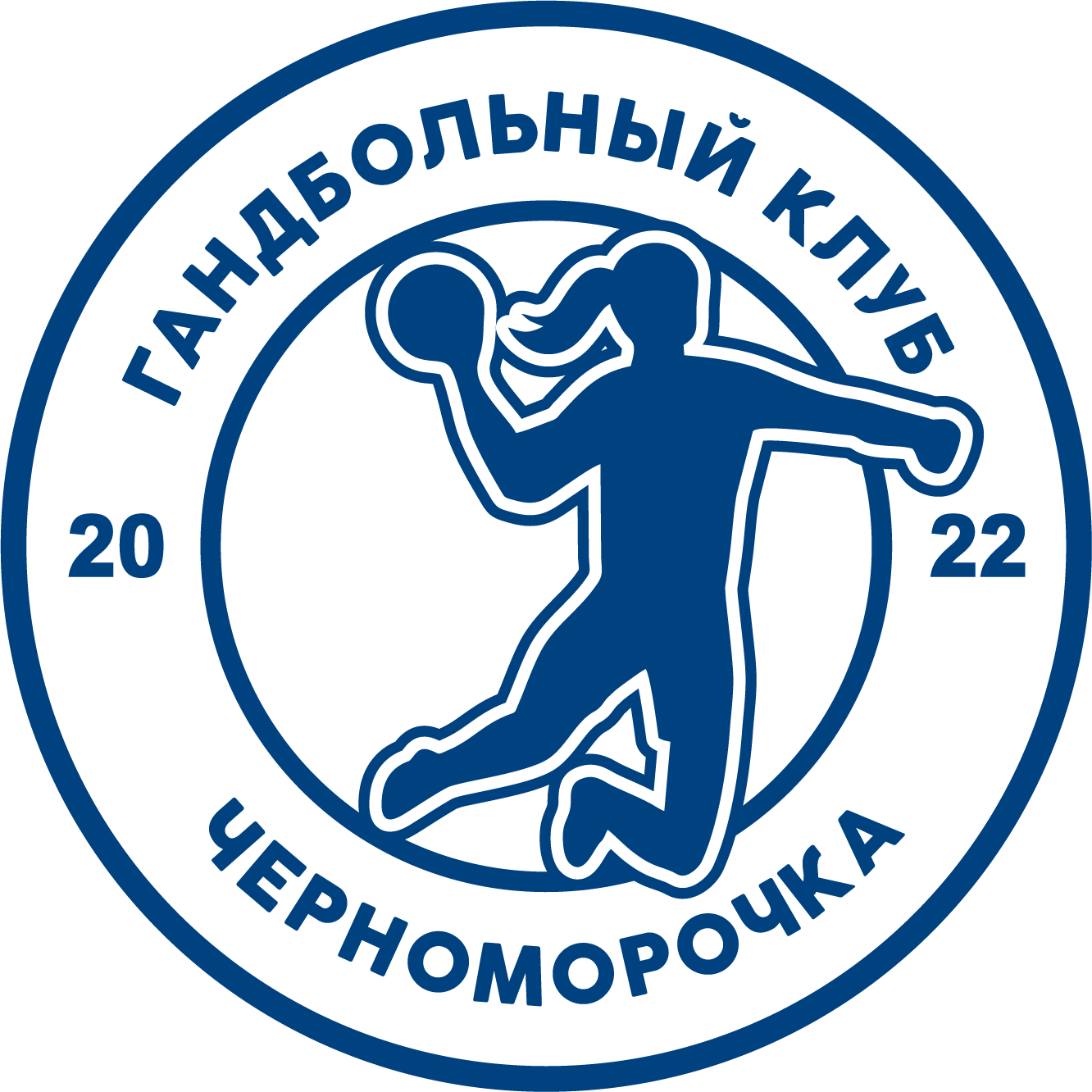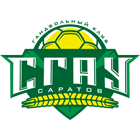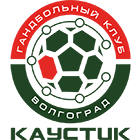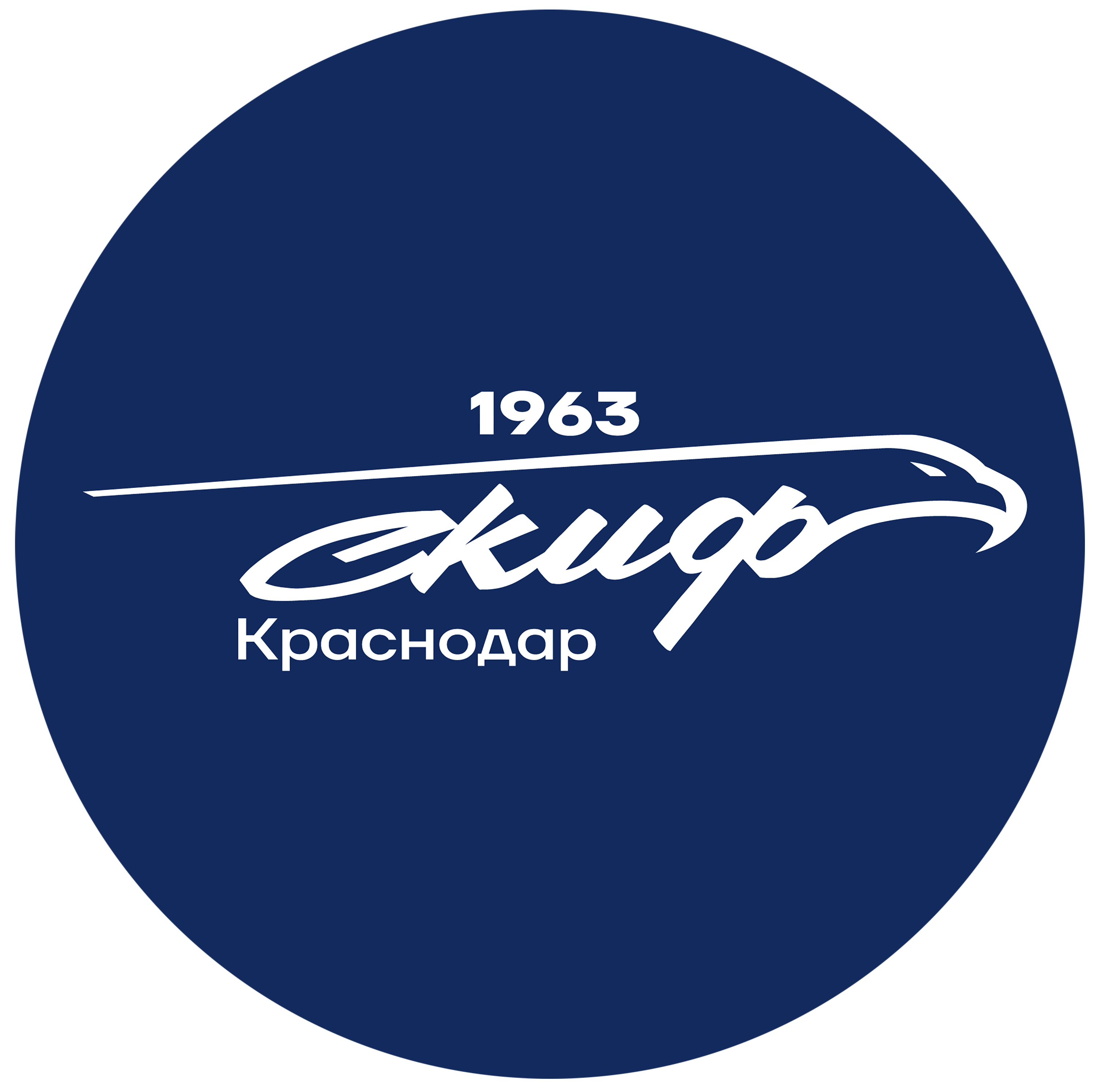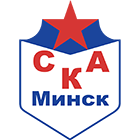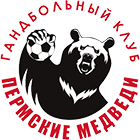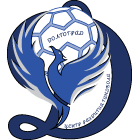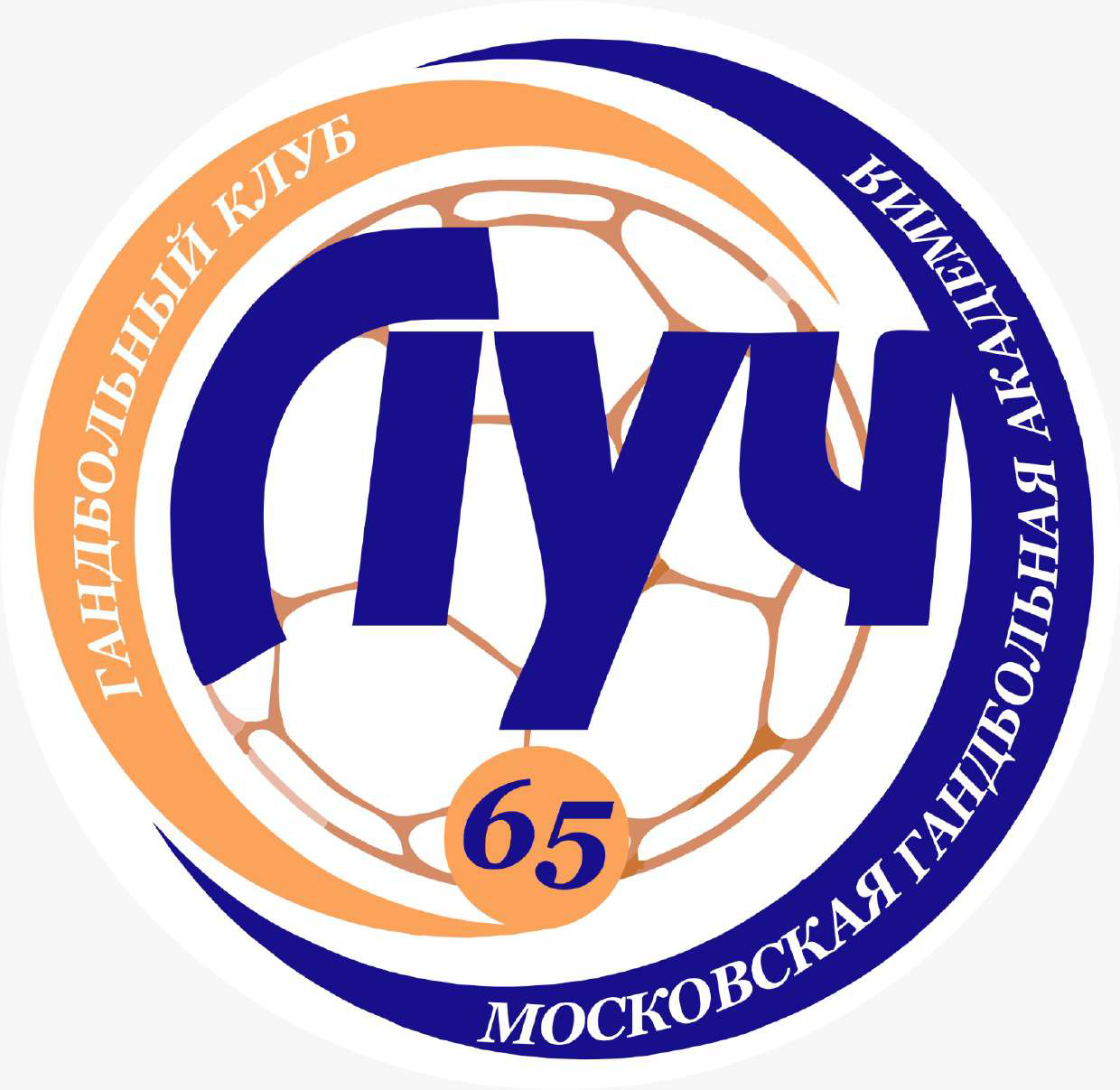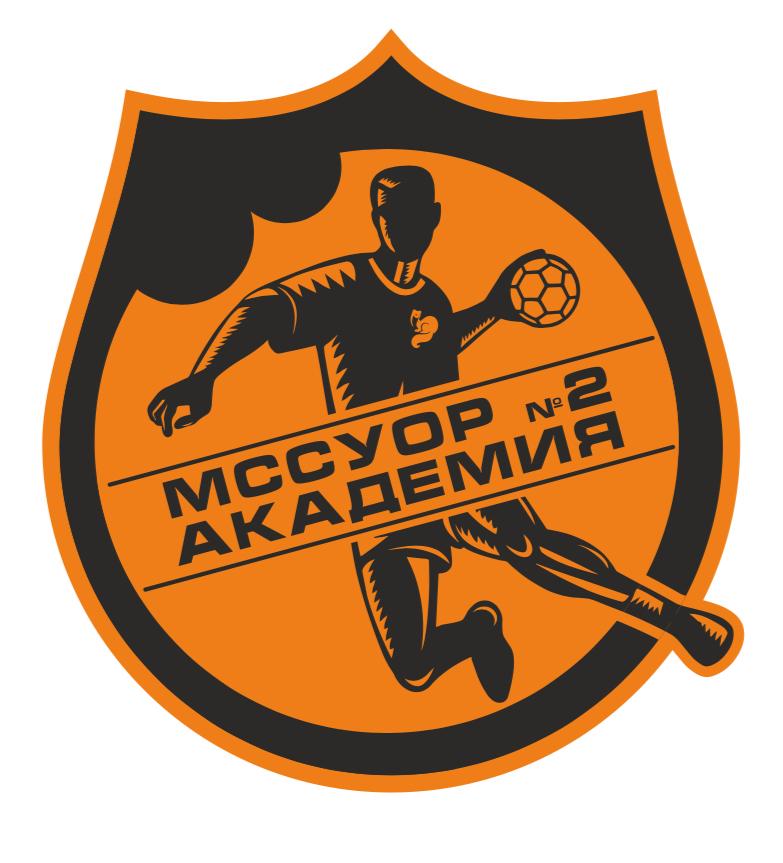From July 1, the International Handball Federation introduces a number of changes to the rules. The first tournaments to be played in a new way will be the upcoming World Youth Championships.
But if these tournaments start already in July, then in Russia the Spartakiad, which will be held in Moscow from August 20 to 29, will become a pre-season test site for those innovations.
We talked more about the upcoming reforms in the rules with the head of the refereeing commission of the Russian Handball Federation Alexei Kiyashko.

- Let's start by reducing the number of possible passes in passive play from 6 to 4. Nothing else changes in this rule?
- No, this is the simplest change. In the documents of the International Federation, the wording of the rule has not changed - only the number 6 has been replaced by 4.
Otherwise, everything is the same: in what cases the referees should use the ‘passive play’ gesture, in what situations they can turn over the ball – none of the criteria has changed. The IHF is looking to increase the number of attacks in a match, so the number of passes has been reduced.
Having 6 passes in reserve, the team can competently stall the game, which was tracked based on statistics. This was done by a specially created group working with changes in the rules. According to their data, on average, after the warning gesture of the referees, the teams make 4 passes. Further, as a rule, either a loss or a shot on goal follows.
- Do the referees have the right to turn the ball over before the fourth pass in case of a frank stalling of time?
- Yes, that's right. If the judges determine a clear passive game, then they have such a right. For example, if a player goes one on one with the goalkeeper, but does not throw, but gives the ball back, the referees will turn over possession.
- The IHF has also made it a rule to be able to play special balls that are not sticky...
- At the same time, they will be smaller in diameter and weight than the usual ones that are used with mastic - the ‘twos’ and ‘threes’ we are used to. To be honest, I haven't seen these new balls yet. It is not yet completely clear whether they will be played in specific tournaments, but such a possibility appears.
This is a logical step in the implementation of the long-voiced position of the IHF. The Federation wants to get rid of the stickiness, excess dirt, the danger of injury. Everyone knows the incident with Karol Bielecki. Someone accidentally poked a finger in his face, put mastic in his eye... As a result, the man lost his eye, but returned to the court and played with glasses.
IHF has been testing balls without mastic for several years now. As far as I know, they do not yet meet high standards. For example, they become too slippery when water or sweat gets on them.
- It turns out that the IHF made this change for the future, while specific competitions with new balls are not yet planned?
- Yes, most likely so. Although I do not rule out that they will be presented at the summer youth world championships. Let's see…

- Another change in the rules: for a direct throw to the head of the goalkeeper, the player will be sent off for two minutes.
- The main goal of this innovation is to take care of the health of the players. Based on this, penalties for potentially dangerous actions of handball players on the court are being tightened. In recent years, referees have begun to punish more for such actions, to carry out prevention, but goalkeepers remained unprotected. If for fouls in the field there are more opportunities to give two minutes, a red card, then the goalkeepers continued to remain at risk.
The decision was preceded by lengthy discussions of the working group on changing the rules, there was also a dialogue with leading coaches and players. As a result, it was determined that in the case of a direct throw without interference in the face of the goalkeeper - the exact wording: ‘open play’ - the field player will be punished with a two-minute suspension. It is important to understand that there should be no one between the thrower and the goalkeeper, the situation is one on one, without obstacles from the defenders - only then the penalty is applied.
It is emphasized that no one can prove whether a throw to the goalkeeper's head was intentional or accidental, but now the attacking player will bear all responsibility for a dangerous hit.
There are some nuances in this rule. For example, the first contact of the ball must be with the goalkeeper's head. If it flies off the shoulder, chest, bar, block, then the thrower will not be penalized. Of course, the goalkeeper himself should not move his head towards the ball.
There will also be a fight against the provocations of goalkeepers. The ‘victim’ should not over play it. If the referee fixes a simulation, then the goalkeeper will receive a progressive penalty for unsportsmanlike behavior.
- The already existing norm, when a red card is shown to a player during a throw to the head from a seven-meter, remains in force?
Yes, everything is unchanged here. A red card must be shown if the ball hits a player's head on a 7-meter throw or on a free throw. Of course, provided that he also does not move towards the ball. Likewise, the goalkeeper must not move towards the ball.
The new addition to the rules refers specifically to situations during the game. Previously, the referee could not do anything after dangerous direct throws to the head of the goalkeeper from the wing, wing back, or pivot players.

- The most global change. The ball will be played from the center of the court from a round area with a diameter of 4 meters…
- The goal is to increase the dynamics, speed of the game, reduce the number of pauses. It becomes more and more difficult for referees to clearly fix the drawing of a fast center. The speed has increased, everyone is running, the counterattack: go and see if the player stood on with at least one foot on the center line when the ball was played - this is exactly the requirement contained in the current rules.
The situation is extremely dynamic, the player during the play can often cross this line, not reach it, or it is even between his legs. Therefore, the referees are forced to stop the game and ask to play the ball correctly. This trend, undoubtedly, breaks the course of the game, the dynamics and attractiveness for the audience are lost.
As a result, we came to the decision to make such an area in which the player must fully enter with one foot and bring the ball inside. In this case, the handball player can move inside the circle. And in this situation, the referees will have much less reason to interfere in the restart.
Of course, nowhere without nuances and trifles: defenders cannot be in this zone until the ball is played. You can not put the ball into play while in a jump - at least one foot must be on the floor. We will analyze all the details in detail at meetings with referees and coaches before the upcoming season.
- But it turns out that the markings on the pitches need to be changed. Will this be a problem for our clubs?
- The rules offer two options. A circle with a diameter of 4 meters in a contrasting color: for example, the pitch is blue, the circle is white. Or a marking line of a standard 5 cm width, outlining this diameter. Maybe some teams will decide to stick a 4-meter circle-sized advertisement in a contrasting color - this will be considered as complying with the rules of marking.

- From next season, the European Handball Federation will cancel the away goal rule in competitions under its auspices. Will such a change be accepted in Russia?
- This will be decided by the commission for the organization and conduct of the competition. Together with the clubs, they determine the system by which they will play. If they want to cancel it, then the change in the regulations will have to be approved by the FHR executive committee.
- Recently, a conference of heads of refereeing departments of national federations was held in Vienna. At it, everyone unanimously expressed a desire to use the VAR system in domestic competitions. Is this possible in the Superleague?
- I would be happy if we could introduce a video replay system in our championship. Technology really helps referees a lot in resolving disputes.
Of course, everyone is only for the use of such systems. But this is very expensive. A few years ago I talked with colleagues from Europe, they said that they were offered to install a video assistance system. Even then, it was already worth tens of millions in terms of our rubles.
Every hall that hosts matches of the Super League should be equipped with this technology. At whose expense can this be done? I doubt that today the clubs or the federation will be able to afford it. Let's see. Perhaps in the future something similar will appear.
- The need for psychological preparation of referees was also discussed there. Especially before big tournaments and decisive matches. Is this being paid attention to in Russia?
- Psychological preparation is really very important in our profession. I talked about this in a previous interview. If we had such a specialist working with referees, it would be great. Today, we ourselves are trying our best to form referees in this direction.
We give methods and methodics: how to cope with emotional and psychological stress, how to remain stress-resistant, how to mentally prepare for matches. Even when I was still a referee, I began to study these materials. It was very useful when we reached the level of the Champions League, the World Championships. There you immediately feel a serious psychological pressure.
I try to share my experience with acting referees. For now we are working at this level. But in the near future, our referee commission is more closely looking into this issue. We want to create educational materials on this topic. Today it is one of our most relevant and main projects. We also plan to contact specialists who work not only in handball, but also in other sports. I hope it will be possible to use their achievements for the training of our referees.
The referees who worked at the final matches of the Superleague received psychological and mental training from me. Throughout May, we gradually brought the referees to an optimal state. In general, the result is obvious - the referees coped with the decisive matches, everything went smoothly. The main thing is that no one got pressured and did not miss the thread of the game.
I saw very well that both girls and guys were nervous, but in the end everyone coped with it. We tried to properly set up and support the referees. By the way, for the first time in my memory, referees who did not have an international or European category worked at the men's final.
This is a great achievement of our referees, people who have never refereed outside of their country. Practice has shown that despite this, they can work at matches of the highest level. This is a positive example for others, something to strive for.

- From my journalistic side, I want to express my gratitude to the referees for their work at the finals. Compared to the scandals in the European championships, everything really went well for us.
- Thank you for such an assessment. So our work is not in vain.
- What events are planned with the referees and coaches to discuss changes in the rules?
- Now we are finishing the translation, preparing training, presentation materials with videos and comments. There is an analysis of the work of the referees for the past season. In the second half of July we will try to schedule a meeting with the coaches.
Meeting in person will be problematic, perhaps we will hold a conference via zoom. This has already been done and received positive feedback. There are also plans to meet with the coaches in Moscow again - on the eve of the start of the Spartakiad in August.
Prior to the start of the tournament, an attestation seminar for referees will be held. Before the start of the season, they need to pass tests and get a license. In the same place we will show the referees all the materials on changes in the rules and other training materials.
And already in the course of the Spartakiad, we will hone our understanding of various situations that may arise after the introduction of innovations. I hope that this tournament will help both the referees and the coaches with the players get used to all the changes and establish a good mutual understanding even before the start of the new season.
Photos: press services of HC Rostov-Don, Kuban, CSKA, FHR; Altea Reinhardt's social media
Authors: Sergey Bogodukhov / A. Shishkarev

